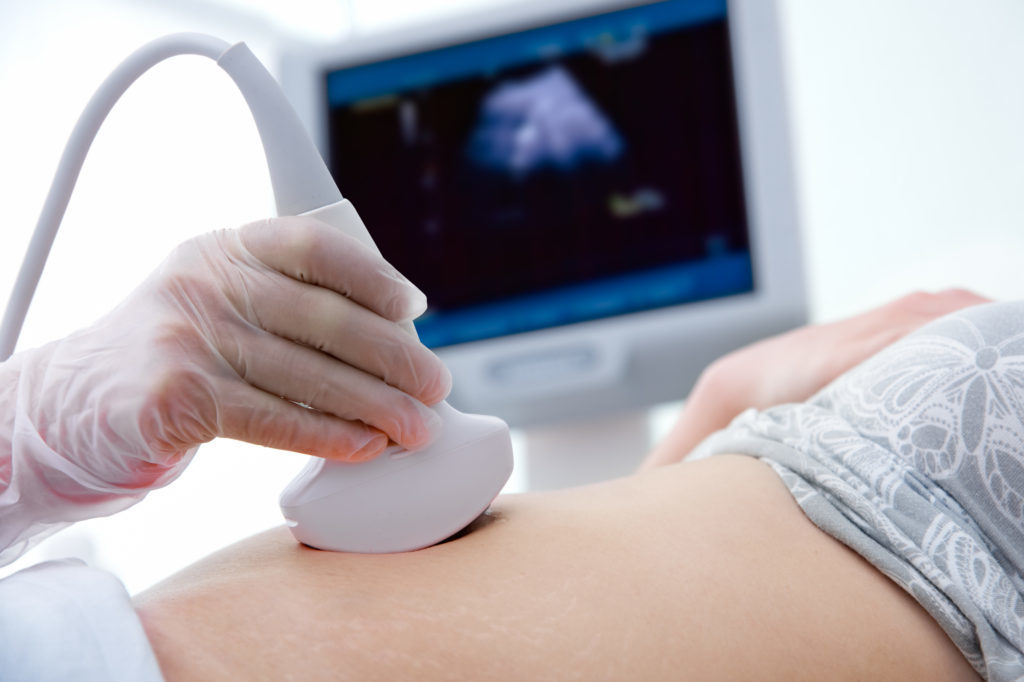Prenatal tests can offer valuable information about your health during pregnancy. Tests can also tell you things about your baby’s health, like birth defect or chromosomal abnormalities. Although it isn’t foolproof, however the most common abnormalities can be ruled out with high accuracy.
In the first trimester, doctors recommend certain screenings or tests, be sure to learn about the risks and benefits involved. Prenatal tests can offer you peace of mind while helping to prepare yourself for baby’s arrival.
Here is a list, read it! Learn about tests that may be available to you during your first trimester.
Pelvix test: To do a Pelvix test, the inside of your cervix (the opening to the uterus that’s located at the very top of the vagina) will be swiped with a cotton swab. This may be a little uncomfortable and awkward, but it is a quick process. In addition, during the pelvic exam your doctor will likely check if you have sexually transmitted diseases (STDs).
Complete blood count: A complete blood count test will tell your doctor if you have too little hemoglobin in your red blood cells, which is not considered well specially for a pregnant lady. The test also counts your platelets and white blood cells. (An elevated number of white blood cells indicate that the pregnant lady is having an infection.)
Rubella (German measles) immunity:This test, called a rubella titer, it checks the level of antibodies to the rubellavirus in your blood to see whether you’re immune or not. Most women are immune to rubella, either because they’ve been vaccinated or had the disease as a child.During pregnancy, the rubella virus can cause a miscarriage, premature birth, orstillbirth, as well as a variety of serious birth defects, depending on how far along you are when you contract the virus. So if you aren’t immune to it, then it’s very important to avoid anyone who has the infection.
Hepatitis B: It is important to detect active hepatitis B infections in pregnant women because newborns are especially unguarded to developing chronic infection. Upto 90% of those who become infected with hepatitis B becomes carriers. If a hepatitis infection is detected in a pregnant woman, she can be monitored and the baby can receive treatment at its birth to minimize the risk of it developing hepatitis B.
Thyroid Stimulating Hormones: A doctor may use tests for thyroid stimulating hormone (TSH) to monitor a woman’s thyroid function throughout her pregnancy. Some screen pregnant women during the first trimester (or even before pregnancy) for elevated TSH, even if they do not have a history of thyroid disease. This is because a major percentage of pregnant women may have an underlying thyroid disorder that is unsuspected and that will cause problems during pregnancy.
Blood Glucose: Sometimes a healthcare practitioner will screen for pre-existing diabetes in a pregnant woman at the first prenatal visit or during the first trimester, especially if the woman has risk factors for diabetes, such as family history. This is different than diabetes that develops during pregnancy (gestational diabetes), which is routinely screened for in the second trimester.
Non Invasive Prenatal Test (NIPT): NIPT is a safe, simple, non-invasive prenatal test which screens for common chromosomal abnormalities from as early as week 10 of pregnancy. Igenomix, who is the pioneer in reproductive genetics, suggests to go for Non invasive prenatal test such as NACE. Non-invasive Analysis of Chromosomal Examination (NACE) from Igenomix is an alternative test to amniocentesis and is completely safe for the mother and the baby. NACE test informs pregnant women about fetal chromosomal abnormalities like Down, Edwards and Patau syndromes. It reports about 80% of all chromosomal abnormalities detected in invasive prenatal diagnostic tests.




